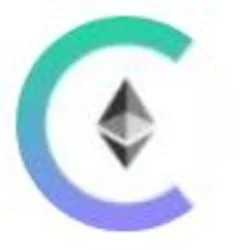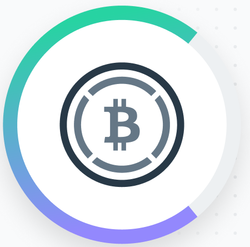Central bank digital currency: blockchain could upend banking

Banking remains remarkably stuck in old ways. The model has hardly changed for decades. Banks fund themselves partly with deposits and then lend at higher rates, trying to capture transaction fees from areas such as payments. But as some central banks trial their own digital currencies, important changes to the industry approach.
Initially, sleepy banks allowed fintechs to snatch large chunks of the payments chain from banks. Core banking franchises could suffer the same fate unless banks can get ahead in new areas such as distributed ledger technology, also known as blockchain.
For all their bad press, cryptocurrencies have at least demonstrated the efficacy of blockchain technologies to corral large amounts of data cheaply. Industrialisation of banking services such as consumer finance, mortgages and savings is a logical next step. Banks must lead this process or risk further erosion of earnings from core activities.
As much as two-thirds of European bank industry’s net interest income could be at stake, thinks Andrea Filtri of Mediobanca. His conclusions follow an analysis of standardised products prone to disruption at 12 of the largest banks by revenues. To adjust to the disruption, bank cost-to-income ratios would need to fall from around half today to below 30 per cent.
Using blockchain to cut expenses could help. Though the technology gets much hype, practical applications are few. One is Spunta, which connects Italian banks for accounts reconciliation. Applying its system to a hypothetical single blockchain for all standardised banking services reduces costs by a staggering 99 per cent.
That is a simplified example. But the implications are clear. Should central banks adopt digital currencies, the use of blockchain could become widespread. Adapting to this disruptive technology will be profitable for banks that remain. That potential for greater efficiency should be a temptation for banks everywhere.
Lex recommends the FT’s Due Diligence newsletter, a curated briefing on the world of mergers and acquisitions. Click here to sign up.



































































































